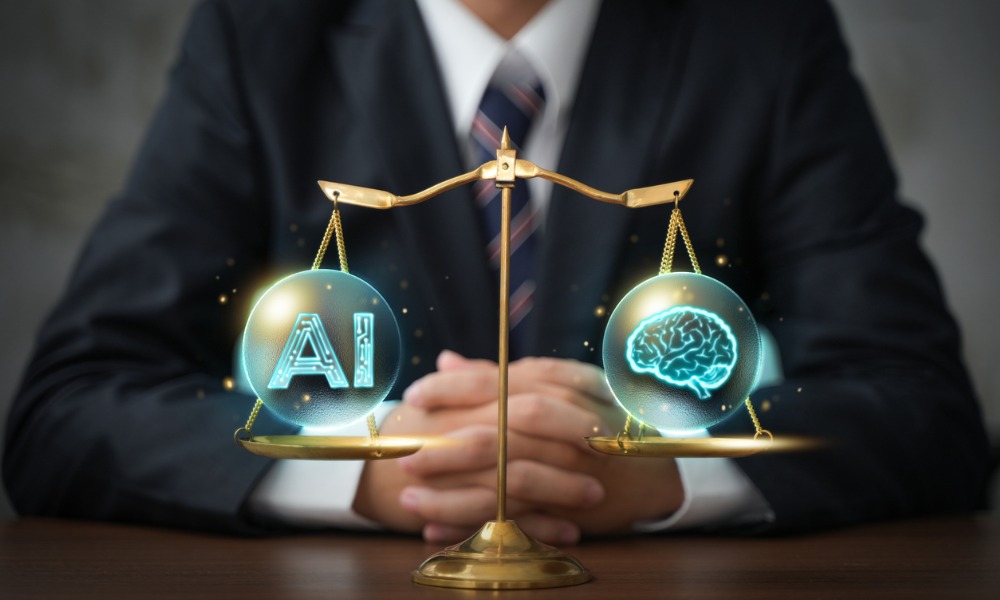
Lawyers should consider ethical obligations when using generative AI tools, ABA opinion says

The American Bar Association (ABA) Standing Committee on Ethics and Professional Responsibility recently shared its first formal opinion on the ethical implications of using generative artificial intelligence (GAI) in legal practice.
Lawyers and law firms should keep in mind the relevant ethical obligations – particularly concerning competent representation, confidential client information, clear communications, and reasonable fees – when integrating GAI tools into their work, said Formal Opinion 512.
The opinion confirmed that the existing ABA Model Rules of Professional Conduct were applicable to the use of GAI tools.
“With the ever-evolving use of technology by lawyers and courts, lawyers must be vigilant in complying with the Rules of Professional Conduct to ensure that lawyers are adhering to their ethical responsibilities and that clients are protected,” the opinion said.
The ABA’s news release summarized the application of four model rules pertinent to the use of GAI in legal practice, as identified and outlined by the opinion. Specifically, lawyers:
“GAI tools are a moving target—indeed, a rapidly moving target—in the sense that their precise features and utility to law practice are quickly changing and will continue to change in ways that may be difficult or impossible to anticipate,” said the opinion.
The opinion acknowledged that the ethical considerations surrounding the use of GAI tools in legal practice would shift as technology continues to develop swiftly.
The opinion said that the committees of the ABA and the ethics committees of state and local bar associations across the U.S. were expected to update their guidance to assist lawyers in navigating issues of professional conduct arising in connection with specific GAI tools as they keep evolving.
Apart from GAI, the opinion listed examples of the application of AI tools in the practice of law, including through electronic discovery in litigation, contract analytics, and enhanced lawyers’ search results.